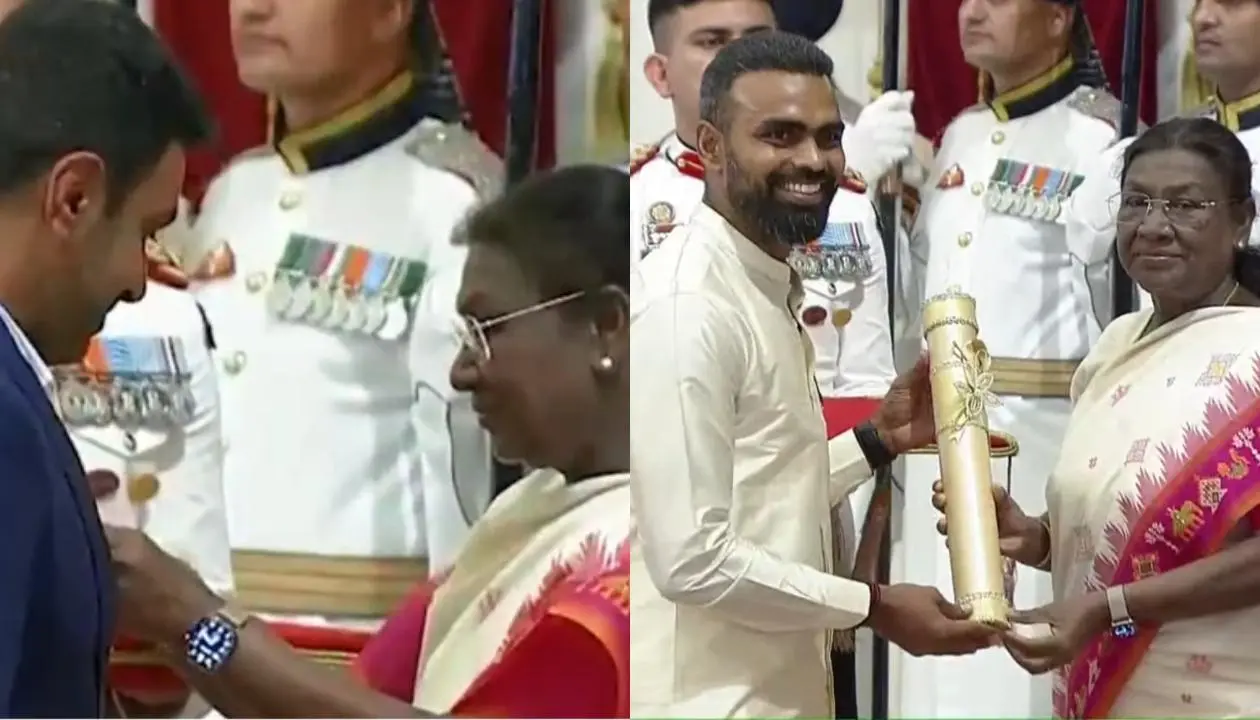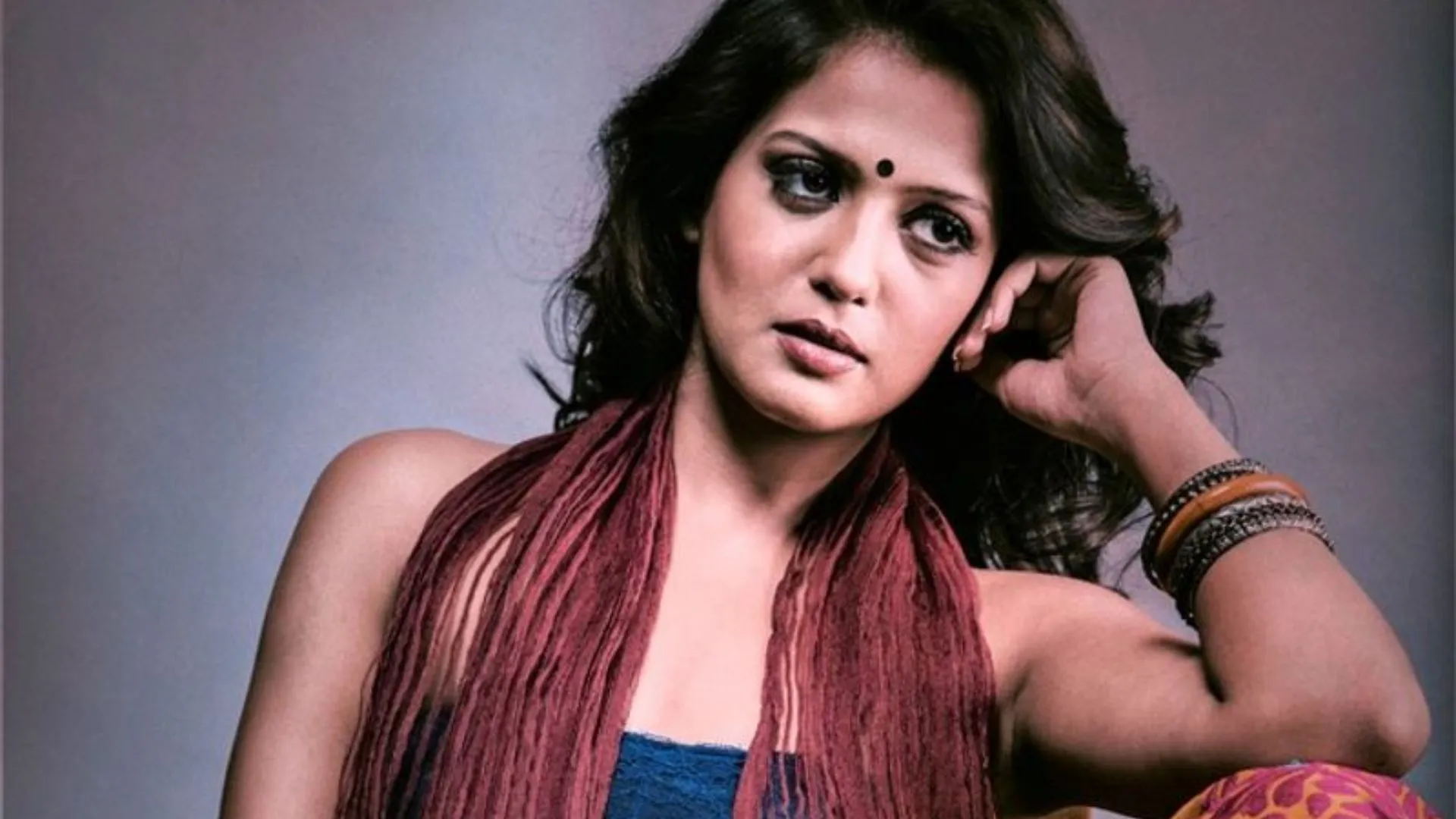The Prime Minister today delivered a robust rebuttal while addressing the public in Madhya Pradesh. He directly responded to the criticisms launched by Rahul Gandhi against the BJP and himself.
He emphasized that the Constitution of our nation was the handiwork of Baba Saheb Ambedkar, attributing rightful credit to him. Interestingly, he shed light on the fact that it was Jawaharlal Nehru, the first Prime Minister, who monopolized the credit for it. The Prime Minister also highlighted the delayed recognition of Baba Saheb Ambedkar’s contributions, noting that he was not conferred with the Bharat Ratna until 1990, when the third front assumed power.
In the ongoing narrative battle perpetuated by Rahul Gandhi, whether in India or abroad, whether at Cambridge, Oxford, or a US university, a consistent theme emerges – the allegation that the current government is dismantling the constitution and undermining democracy. However, amidst this rhetoric, let’s delve into some concrete figures and statistics. Let’s explore the number of times our constitution has been amended since independence and under whose tenure the highest number of amendments were introduced.
In regards to the vibrancy of our country’s democracy, how many times and by which prime ministers of our country in the past has the maximum number of President’s rule been imposed in different states?”
The Debate
In discussion with Executive Editor – Megha, joins Advocate Manasvi Thapar to the panel.
The question to ponder: “Do you believe that by delving into historical data and scrutinizing the numbers, we can intelligently discern whether one government was ‘dictatorial’ compared to another?
To this Manasvi repliedc saying, “One of the remarkable facets of India is its resilience against dictatorship. Our constitution stands as a bulwark, wielding immense power, while our institutions, despite attempts by some parliamentarians to weaken them, possess far greater strength than one might imagine.
Reflecting on our history, we find a powerful antidote in the story of Jaiprakash Narayan, arguably the greatest grassroots leader India has ever known. Following the third Lok Sabha Election, Jawaharlal Nehru had envisioned Jaiprakash Narayan as the future leader of the nation, even proposing him as Deputy Prime Minister. Despite being in close familial ties with the Nehru-Gandhi clan, Jaiprakash Narayan chose not to ascend to the position of Prime Minister or hold any significant office. When the emergency was declared, he emerged as a fervent opponent, demonstrating that in our country, those in power who believe themselves to be above the people and the constitution face inevitable consequences.
The essence of democracy was vividly illustrated when Indira Gandhi was ousted from power, only to be reinstated by the people. This dynamic flux embodies the essence of democracy.
Returning to the present, I contest the notion that Prime Minister Narendra Modi possesses the authoritarian potential to become a dictator. The opposition’s narrative often tries to paint him as such, especially given his proximity to becoming the first Prime Minister since Jawaharlal Nehru to secure a third term. However, such portrayal lacks fairness. The electorate, far from being dormant taxpayers, rises to defend democracy whenever it is threatened.
Nevertheless, perceptions of dictatorship vary among individuals. Take, for instance, the contrasting reactions captured in the viral video featuring Mamata Banerjee and PM Modi. Such interpretations are deeply personal.”
Megha followed the question , “Talking about the imposition of presidential rule, under whose Prime Ministership and how many times was it imposed?
– Under Indira Gandhi, from 1966 to 1977, presidential rule was imposed approximately 35 times.
– From 1980 to 1984, it was imposed 15 times.
Thus, based on the data, she stands as the only Prime Minister with the maximum number of instances of presidential rule in the country. Does this raise questions about her style of governance?”
Manasvi answered, “No, I don’t think so, as there are different reasons for presidential rule. For example, during the war between Pakistan and East Pakistan, even Jawaharlal Nehru had to impose presidential rule because of the ongoing conflicts with Pakistan and China. Hence, there are different situations that require different actions.”
Megha asked why Rahul Gandhi, whenever he traveled to a university or anywhere abroad, always spoke of the threat to the country, suggesting that the BJP’s sole aim was to destroy the constitution of the country.
This is a clear indication of democracy. It’s a test that can only be affirmed or refuted after Prime Minister Modi secures a third term, revealing whether he genuinely undermines democracy. In the realm of our nation’s democracy, it’s entirely acceptable for opponents to critique the Prime Minister of India.
Heading to the next panelist BJP Leader Savio , the anchor asked that How is BJP responding to this?
Savio said, “BJP when discussing dictators, the first name that echoes worldwide is ‘Hitler’. Delving into history reveals the horrific treatment of Jews under his regime, with approximately 6 million lives lost. Another infamous dictator often mentioned is Idi Amin, responsible for the deaths of around 100,000 people during his reign. However, when people liken Narendra Modi to a dictator, the casualties are not physical lives but rather the suppression of anti-national agendas propagated by many opposition leaders. Interestingly, out of 134 instances, 94 occurred during Congress’s governance. While circumstances may influence decisions, it’s essential to remember the dark days of the Emergency era under Indira Gandhi’s tenure. Where was the freedom of speech then? Where was the liberty to express oneself without fear?
Megha: Why is it that when PM Modi is in power, it’s labeled as dictatorship, but when it’s Congress, everything changes? For instance, during Jawaharlal Nehru’s reign, there was an amendment on freedom of speech due to the backlash he faced. What accounts for this discrepancy in perception?
Manasvi answered saying, ” The constitution of India is a dynamic and evolving document. It cannot remain stagnant like a stone. Considering the ideologies of people in 2024, amendments are needed, and they will be made in the future with no harm intended. We should all take pride in our constitution, recognizing it as a living document.”
Isn’t it the responsibility of the opposition to provide evidence for their claims against PM Modi or BJP, especially regarding allegations of dictatorial behavior, which are often perpetuated by figures like Rahul Gandhi both domestically and internationally, rather than simply making unsubstantiated statements, whether in Cambridge or elsewhere? Execitive Editor Megha question panelish – Adv Chandni
Chandni answered saying, “It’s rather amusing how figures like Rahul Gandhi, Sam Pitroda, and YouTuber Dhruv Rathee seem to harp on about Modi being a dictator almost daily, yet no one finds themselves behind bars—at least not yet. Take, for instance, the recent incident where sharing a meme on Mamata Banerjee led to summonses, but today, a meme about PK Modi was reshared without any repercussions. So, when Rahul Gandhi talks about the curtailment of freedom of speech, he conveniently forgets that it was his own relative, Jawaharlal Nehru, who initiated such restrictions. My take on dictatorship is this: out of 106 constitutional amendments, a whopping 80 occurred under the UPA’s watch. It was the UPA that introduced the infamous 42nd Amendment and declared Emergency. Under their rule, presidential rule was imposed a staggering 48 times. So, who exactly is behaving like a dictator?”
Is there any credibility to Rahul Gandhi’s claims that the Constitution is in danger and will be destroyed?
Political Analyst Jimbsaa pointed out to the question that leaders from the opposition party have made inappropriate comments abroad. He cited examples such as Rahul Gandhi’s assertion regarding the Constitution being in danger, and Sam Pitroda’s remarks on tax inheritance. Referring back to 2014-15, he recalled a statement made by the Prime Minister during a speech in Canada, expressing shame in being Indian earlier. Responding to this, the panelist expressed uncertainty about who said such things to the Prime Minister, as they personally never felt less of an Indian until 2014.
So the question remains: Who is winning the narrative war on the Constitution?
Watch Video:
#TheNarrativeWars | ‘So the best part of being in India is that no dictator can ever come in our country be it Prime Minister Narendra Modi, Indira Gandhi Jii or anyone or Jawaharlal Nehru at that particular time. No one can become a dictator in our country because our… pic.twitter.com/AgCUmwqbJ7
— NewsX World (@NewsX) May 7, 2024























